The case of 22-year-old Gabby Petito, who went missing before being discovered dead in Teton National Park, got quite a bit of media coverage over the weekend. Much to some in the media’s chagrin. Joy Reid, for instance, railed against this latest example of “Missing White Woman Syndrome.”
NPR has discussed the apparent lack of interest in missing nonwhite women:
The media's focus on the Gabby Petito case has been frustrating for some people — who point out that the epidemic of missing and murdered indigenous women doesn't get nearly the same media attention.https://t.co/CAEI82oXrL
— NPR (@NPR) September 21, 2021
For his part, Washington Post national political reporter Eugene Scott is also drawing attention to the media’s lack of attention to missing indigenous women:
“In the same area that Gabby Petito disappeared, 710 indigenous people— mostly girls—disappeared between the years of 2011 and 2020 but their stories didn’t lead news cycles …” https://t.co/HJ01B6CsRK
— Eugene Scott (@Eugene_Scott) September 21, 2021
Their stories didn’t lead the news cycles. So weird, right? If only Eugene knew some people who could do something about that … but who? Who could possibly fix this problem?
"If only there was a class of workers who could do something about this. Oh well, anyway, here are 31 clouds who kinda look like celebrities: vote for the best one!"
— MrTate (@MrTate) September 21, 2021
Seems like something a national reporter could have covered at that time. Unless that reporter thought indigenous girls lives didn't matter, and had better things to do. Any ways here is story 11,942 this week on trump being a secret Russian agent since 1911.
— Pharm Curious (@CuriousPharm) September 21, 2021
I was going to write about those in the Washington Post but I don't work at the Washington Post.
— Sensible Bosh (@BoshSensible) September 21, 2021
You know who does work at the Washington Post, Eugene? See if you can think of someone.
There is a weird tendency in media to scold readers for what the media chooses to report on. https://t.co/bwEidJLCbT
— Noam "MF Blum" (@neontaster) September 21, 2021
It’s pretty annoying, actually. But it happens all the time.
If only you were in a position to make a difference personally. pic.twitter.com/OhwfxWjgpJ
— Kevin Soon (@kmwsoon) September 21, 2021
So why didn’t you report on them? https://t.co/4NBGFHp0Ug
— Pork Kebab (@00711711711even) September 21, 2021
Gosh, Eugene – if only you were in a position to do more than Tweet about it.
Oh, wait. You are.
So when can we expect to see your story? https://t.co/BMexbDYbsc
— Texas Courtney (@AlaskanCourtney) September 21, 2021
Why wasn't the Washington Post reporting on all of those missing "indigenous people—mostly girls" and why are they complaining about it now as if it's not in their purview? @ComfortablySmug https://t.co/WFwUWmsPm6
— I Might Be Donna (@Crypsis12) September 21, 2021
You have 112k followers. Start reporting on those indigenous people. https://t.co/AsIkjFQcVY
— MC Clap Yo Handz (@rocking_uptown) September 21, 2021
you should have asked your fellow "journalists" to report on it. pic.twitter.com/ms0q7eSUWq
— Senior Fellow Tony Bruno (@TonyBrunoShow) September 21, 2021
You’re a national reporter for the Washington Post. Do something about it.
I’m not sure why the media feels the need to whine that people focus on stories the media chooses to focus on. If you want better reporting, report better. https://t.co/cbL6vQfR5o
— Sunny McSunnyface (@sunnyright) September 21, 2021
And maybe see a doctor about that selective blindness. Seems to be very contagious in media circles.
















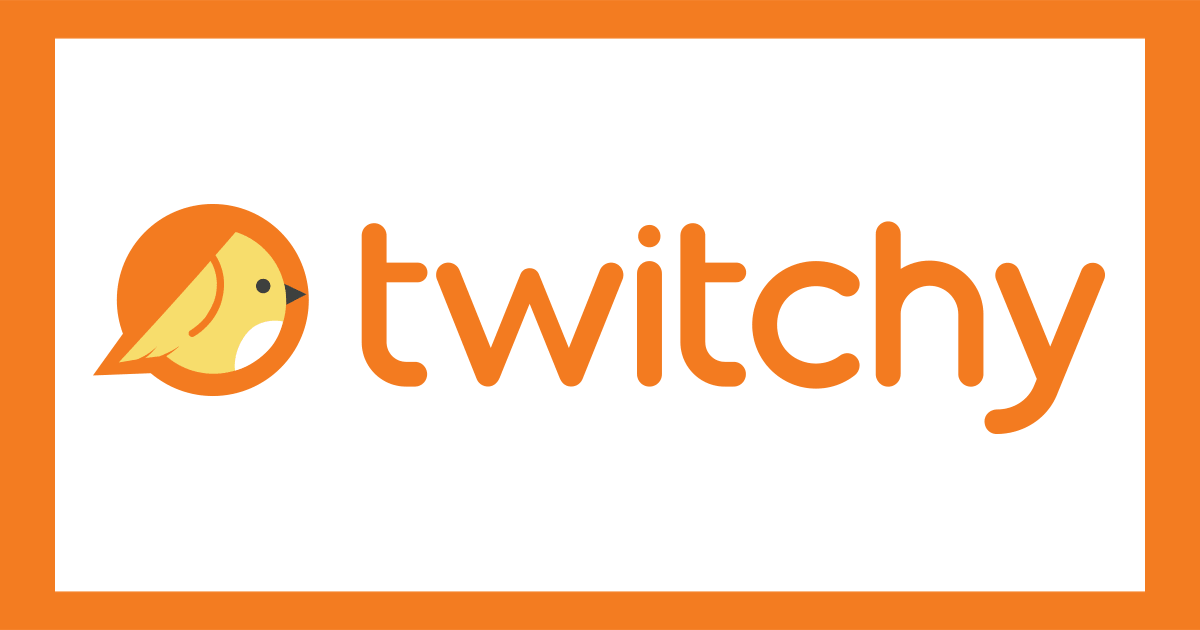
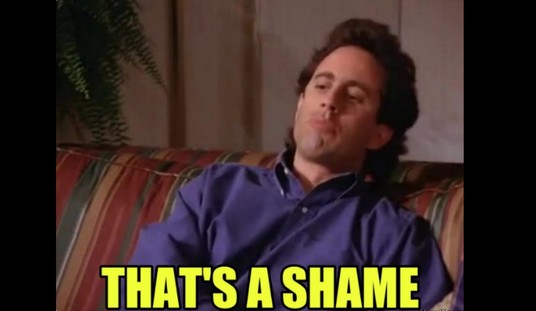
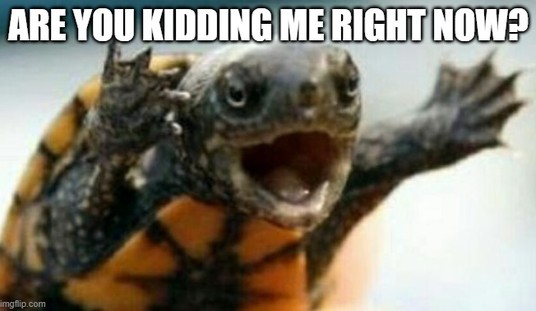
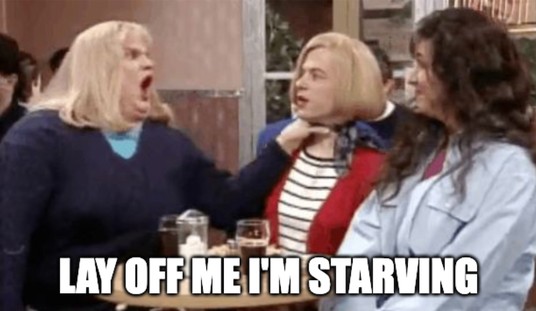
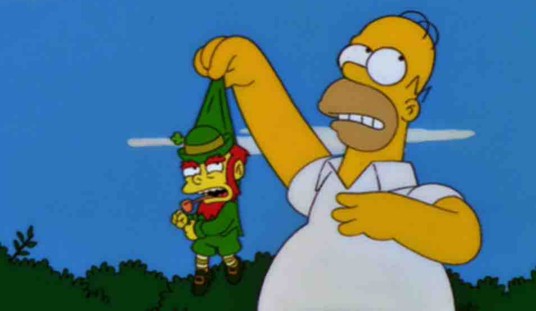


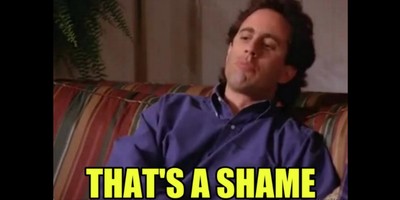
Join the conversation as a VIP Member